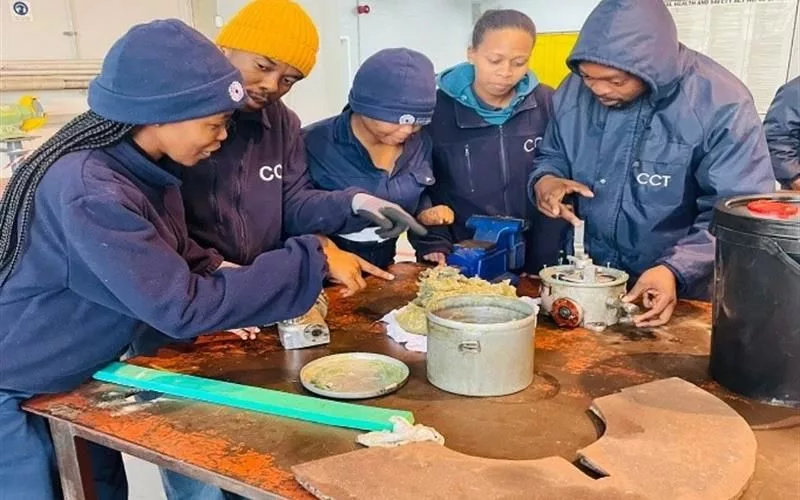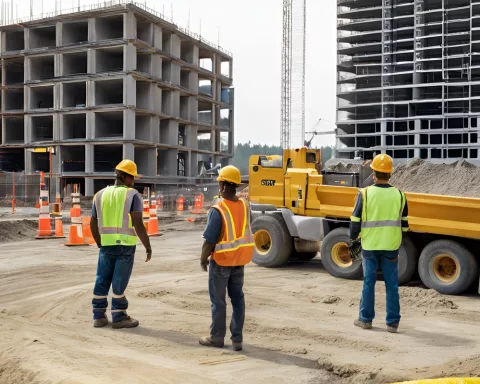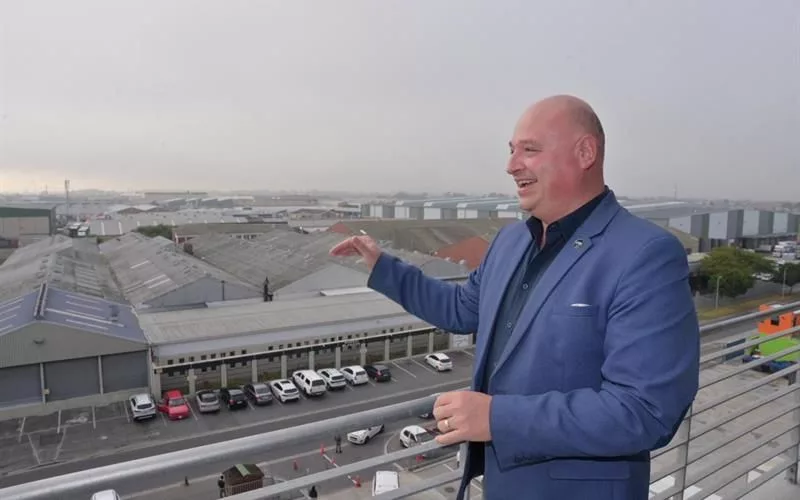The Expanded Public Works Programme (EPWP) in South Africa creates short-term job opportunities and delivers essential services, such as sanitation and infrastructure projects. It has positively impacted the lives of those who were previously jobless and provides a consistent income stream to sustain their families. The program also focuses on skill development and transitioning workers into permanent positions within the program. The EPWP has been instrumental in empowering and transforming individuals, demonstrating the city’s dedication towards creating jobs and preserving livelihoods.
What is the EPWP and how does it create jobs?
The Expanded Public Works Programme (EPWP) in South Africa generates short-term job opportunities, providing a consistent income stream to those who were previously jobless. It focuses on creating jobs and delivering essential services, such as sanitation and infrastructure projects. EPWP workers can also gain valuable skills and transition into permanent positions within the program.
Unveiling an Inspiring Transformation
In the heart of the ‘City of Hope’, an inspiring tale of empowerment and transformation is taking shape. From the fiscal year 2019/2020 onwards, the Expanded Public Works Programme (EPWP) has remarkably generated 30,000 short-term job opportunities, positively changing the lives of those who were previously jobless. This significant advancement serves as both a demonstration of the city’s resilience and its dedication towards preserving livelihoods by creating jobs and delivering essential services.
It is indisputable that the EPWP has been instrumental in the lives of many. With time, these short-term job opportunities have evolved into a lifeline for those wrestling with joblessness, thus guaranteeing a consistent income stream to sustain their families.
The Significant Role of Water and Sanitation Directorate
Shifting attention to the period from July 2023 to February 2024, the Water and Sanitation Directorate emerges as an essential participant in this employment mobilization. It successfully generated a commendable 5,651 EPWP job opportunities across 81 important infrastructure projects and operational functions, an achievement valued at approximately R28 million.
A particularly captivating feature of this initiative is the genesis of new janitorial jobs in informal settlements. The targets weren’t just met, they were exceeded, with an extraordinary 2,341 EPWP job opportunities created during the fiscal year. Equipped with personal protective equipment (PPE) and vital tools, these dedicated teams have diligently ensured that residents are supplied with respectable sanitation services. Their responsibilities varied from cleaning communal toilets to promptly reporting defects for maintenance.
Skill Development and Transition into Permanent Positions
Examining the 2022/23 fiscal year uncovers another noteworthy element of this initiative. An outstanding 88 EPWP trainees completed both theoretical and practical modules, charting their path towards formal qualifications in several engineering trades. The diverse skills gained spanned from power tool usage, rigging, and scaffold inspection to handling hazardous materials, overhead crane operation, Health and Safety Awareness, and even computer skills.
An exceptional achievement of the EPWP is its effectiveness in enabling the transition of its workers into permanent positions within the Water and Sanitation Directorate. An admirable 1,242 former EPWP workers were transferred into permanent roles. These devoted individuals secured their positions by responding to job adverts and successfully maneuvering through the City’s recruitment processes as vacancies appeared. The City’s Mayoral Committee Member for Water and Sanitation, Councillor Zahid Badroodien expressed pride and satisfaction in this accomplishment.
Beyond Numbers: The EPWP’s Impact and Future Prospects
The transformative influence of the EPWP over the years transcends mere statistics. It represents a story of empowerment, opportunity, dignity, and hope. It demonstrates the city’s pledge to invest in its inhabitants, not only through job creation and basic service provision but also skill development.
This tale underlines the city’s capacity to nurture resilience and uplift its inhabitants even amidst economic adversities. It stands as a testament to the strength and potential of public works programmes and their aptitude to sustain livelihoods, promote dignity, and instill hope.
As the city relentlessly pursues its aspiration of being a ‘City of Hope’, it’s evident that the EPWP, with its innovative approach to job creation and basic service provision, will persist as a fundamental element in this journey. The city’s dedication to empowering its residents and fostering resilience is not only commendable but also sets a benchmark for other cities to emulate.
While we recognize the praiseworthy achievements of the EPWP, it’s also thrilling to envisage the future opportunities it aims to unveil. As the city continues to progress towards its vision, there’s a tangible sense of anticipation and optimism regarding the transformative power of initiatives like the EPWP.
1. What is the EPWP and how does it create jobs?
The Expanded Public Works Programme (EPWP) in South Africa generates short-term job opportunities, providing a consistent income stream to those who were previously jobless. It focuses on creating jobs and delivering essential services, such as sanitation and infrastructure projects. EPWP workers can also gain valuable skills and transition into permanent positions within the program.
2. How has the EPWP positively impacted the lives of South Africans?
The EPWP has positively impacted the lives of those who were previously jobless by providing a consistent income stream to sustain their families. It also focuses on skill development and transitioning workers into permanent positions within the program. The EPWP has been instrumental in empowering and transforming individuals, demonstrating the city’s dedication towards creating jobs and preserving livelihoods.
3. What is the role of the Water and Sanitation Directorate in the EPWP?
The Water and Sanitation Directorate played a significant role in creating job opportunities in the EPWP. In the period from July 2023 to February 2024, it generated 5,651 EPWP job opportunities across 81 important infrastructure projects and operational functions, an achievement valued at approximately R28 million. It also created new janitorial jobs in informal settlements, ensuring residents are supplied with respectable sanitation services.
4. How does the EPWP focus on skill development and transitioning workers into permanent positions?
The EPWP provides valuable skill development opportunities for its workers, such as theoretical and practical modules in several engineering trades. Workers can gain skills in power tool usage, rigging, scaffold inspection, overhead crane operation, Health and Safety Awareness, and even computer skills. Additionally, the EPWP aims to transition workers into permanent positions within the program, with 1,242 former EPWP workers successfully securing permanent roles within the Water and Sanitation Directorate.
5. What is the impact of the EPWP beyond numbers and statistics?
The transformative influence of the EPWP transcends mere statistics. It represents a story of empowerment, opportunity, dignity, and hope. The program demonstrates the city’s pledge to invest in its inhabitants, not only through job creation and basic service provision but also skill development. It stands as a testament to the strength and potential of public works programs and their aptitude to sustain livelihoods, promote dignity, and instill hope.
6. What is the future of the EPWP and its impact on South Africa?
As the city relentlessly pursues its aspiration of being a ‘City of Hope’, it’s evident that the EPWP, with its innovative approach to job creation and basic service provision, will persist as a fundamental element in this journey. The EPWP aims to unveil more opportunities in the future, and its transformative power has the potential to impact even more South Africans by promoting job creation, skill development, and sustainable livelihoods.












